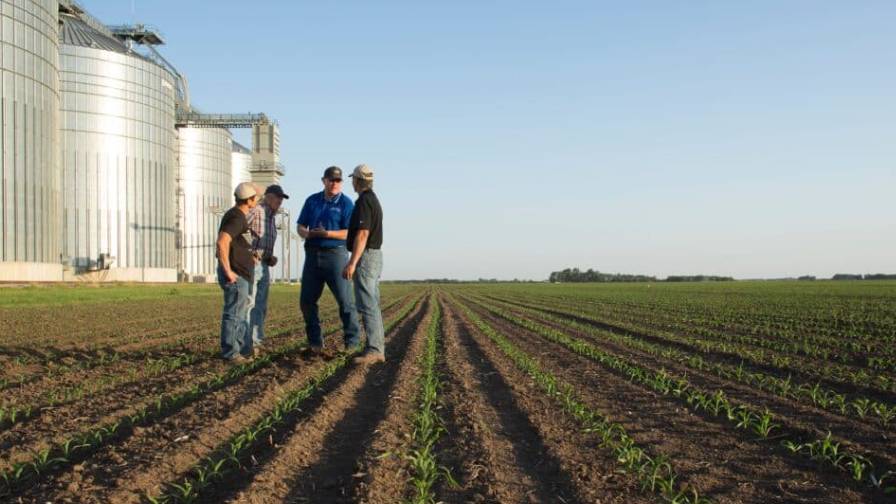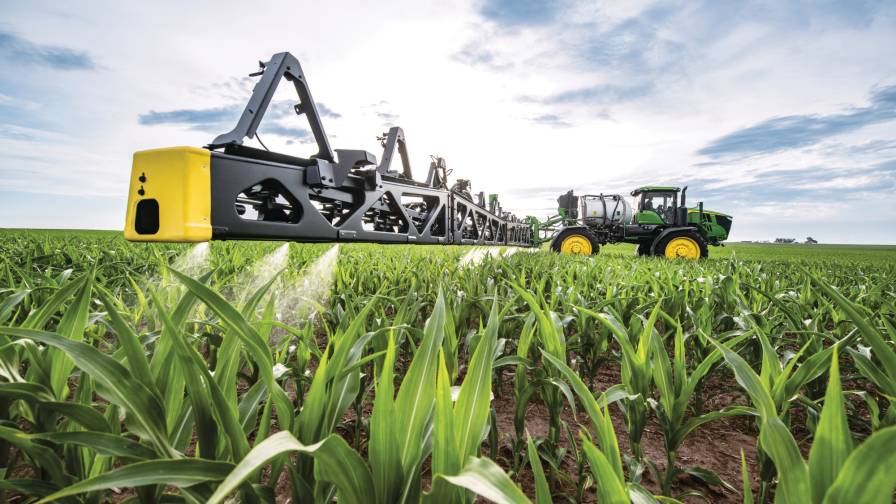Fads & Fundamentals
If you are a regular reader of this column, you know that I love taking walks down memory lane. There’s something about looking at the past and seeing how it might and does affect the present that holds an undeniable appeal for me.
Recently returning from a business trip, I happened upon an article in USA Today listing some long-gone items that once were fixtures in everyday life. This included Betamax units, New Coke, the Soviet Union, and “big hair” bands. Despite the fact that all of these things at one time were big in their respective ways, they will most likely be regulated to “fad” status in the eyes of future historians.
Thankfully, no where on this list did the environmental movement appear. I’m happy to say this trend seems to fit more comfortably under the “fundamentals” heading in historical terms. Given that this magazine’s Environmental Respect Awards program — covered elsewhere in this issue — is celebrating its 17th anniversary this year attests to this fact.
Of course, there was a time when this wasn’t the case. I attended a “Future Trends” seminar back in the early 1990s when environmental stewardship and recycling were just becoming popular. A speaker at the event said he believed these trends would prove to be “temporary fads” because “people and businesses don’t want to be bothered with separating their garbage. They just want to throw things away.”
I remember thinking at the time how narrow and old-fashioned a view this seemed of environmental stewardship, which offered such promise for a brighter future. Luckily, based upon this year’s Environmental Respect Awards competition entries, there are many, many ag retailers that feel exactly the same way as I do about the environmental movement.
“The environment is not some static, impersonal, lifeless thing which we can use, abuse, and then throw away when we are through with it,” wrote one retailer in their entry booklet. “Rather, it is more like a living, breathing creature which we must feed, water, nurture, and tend it so that it will last our lifetime, and many lifetimes to come.”
I served as a judge for the 2007 Environmental Respect Awards competition, and I can tell you that this sentiment was present in virtually all the entries we received, in one form or another.
Even more impressive, many entrants backed up these words with actions. Several wrote that they had reached out to their local communities to help with stewardship and recycling efforts. One even went so far as to take environmental responsibility where it was not at fault.
“Land adjoining the property had trifluralin contamination in the soil, but was not part of our target property,” wrote the retailer. “We felt that this contamination site was an eyesore and reflected poorly on [us], even though we didn’t own it. Being neighbors with a contaminated site was not the image that [we] wanted to reflect. The right thing to do was to clean it up. So we did.”
Examples like this make me proud to say I work with the ag retail community. It’s nice to know that in this industry, the difference between short-term fads and business-altering fundamentals is clearly defined. And enthusiastically embraced.






